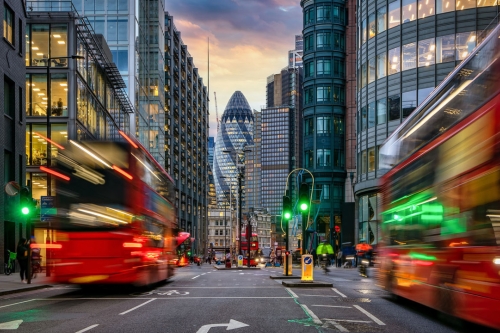Imagine calling for a shuttle that picks you up quickly and gets you to your destination faster than if you drove yourself. Berkeley researchers envision a future where energy-efficient, environmentally friendly high-occupancy vehicles (HOVs) are the preferred and fastest mode of transportation.
These researchers have tested a new traffic signal control algorithm called HumanLight in a simulated environment. This technology, which uses reinforcement learning (a type of artificial intelligence), prioritizes and rewards HOV passengers with more green lights at intersections. The results, published in Transportation Research Part C, show that the time saved by using this system encourages people to choose shared transportation over driving alone.
The study's lead author is CEE alum Dimitris Vlachogiannis (M.S. ’19, Ph. D. ’23 CEE), and its co-authors are CEE Professor Scott Moura, principal investigator Jane Macfarlane, and Hua Wei, an Assistant Professor at Arizona State University.
Moura and Macfarlane discussed this work with Berkeley Engineering, explaining how it could potentially offer a more equitable and sustainable traffic management solution. You can read the full interview feature on Berkeley Engineering.

